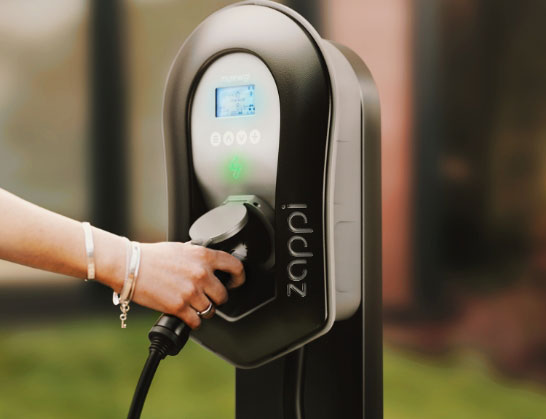Unleashing the Power of the Sun How Solar Panels Installation Revolutionizes Energy Consumption
In the quest for sustainable energy solutions, "Solar Panels Installation" stands out as a transformative approach that not only harnesses the sun's unlimited power but also significantly alters our energy consumption patterns. As concerns about climate change and rising energy costs intensify, individuals and businesses alike are turning to solar technology as an efficient alternative. This shift not only promotes environmental stewardship but also leads to substantial financial savings in the long run.
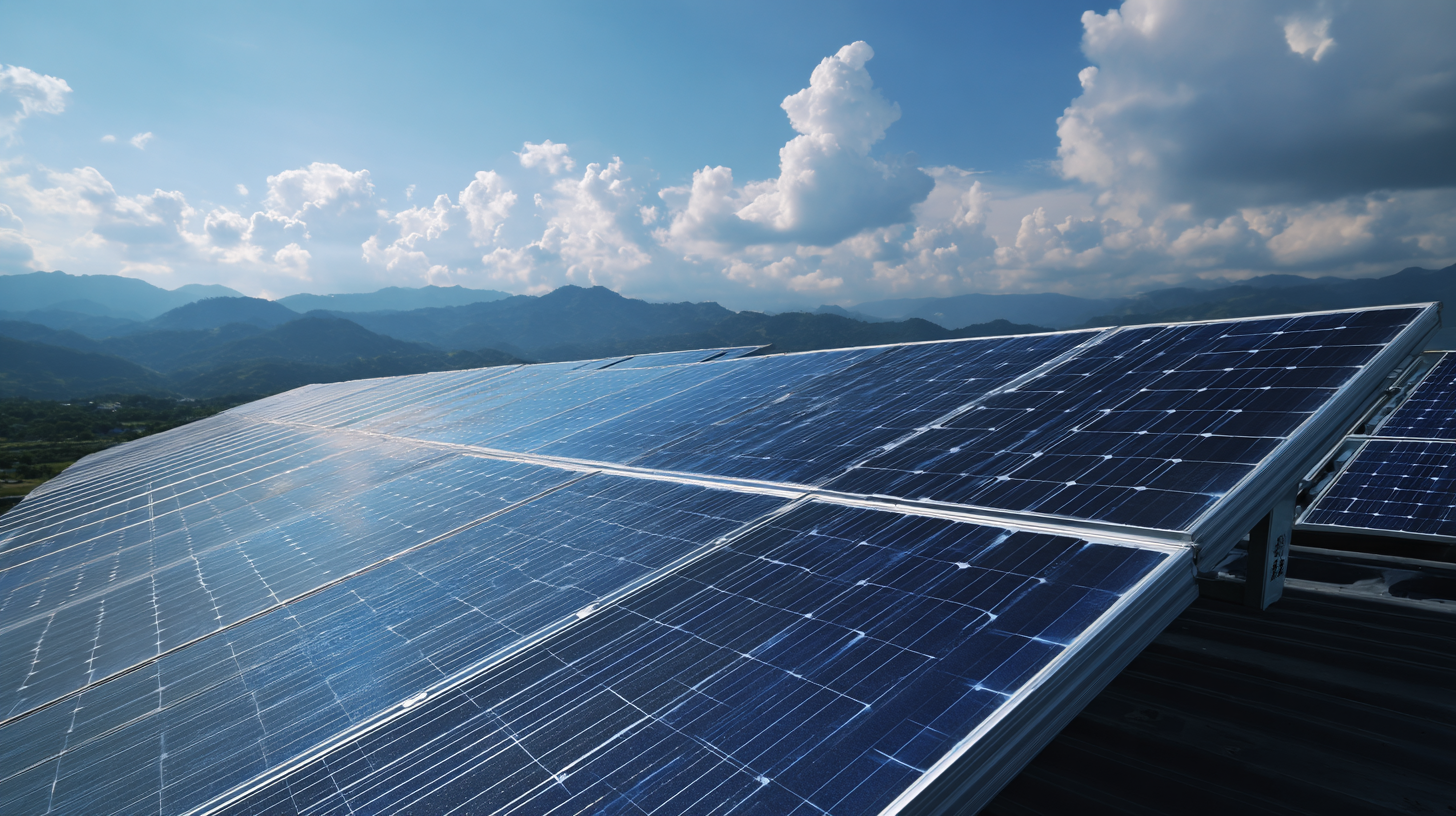 The integration of solar panels into our daily lives is not just a trend but a crucial step towards energy independence and resilience. In this guide, we will explore the myriad benefits of solar panel installation, including practical tips on how to optimize their efficiency, making the leap into solar energy not only accessible but also advantageous for everyone aiming to embrace a cleaner, greener future.
The integration of solar panels into our daily lives is not just a trend but a crucial step towards energy independence and resilience. In this guide, we will explore the myriad benefits of solar panel installation, including practical tips on how to optimize their efficiency, making the leap into solar energy not only accessible but also advantageous for everyone aiming to embrace a cleaner, greener future.
Understanding the Basics of Solar Panels and How They Work
Solar panels are a transformative technology that harnesses the sun's energy, converting it into usable electricity for homes and businesses. Understanding how solar panels work is essential for anyone considering this sustainable energy solution. At the core of a solar panel are numerous photovoltaic (PV) cells, which absorb sunlight and generate direct current (DC) electricity. This electricity is then converted into alternating current (AC) by an inverter, making it suitable for household use.
Tips for maximizing solar panel efficiency include ensuring that the panels are placed at the correct angle and orientation to capture the most sunlight throughout the day. Regular cleaning of the panels is also crucial, as dust and debris can hinder their performance. Additionally, homeowners should consider using energy-efficient appliances to further reduce consumption and make the most out of the energy produced by their solar system.
Investing in solar panels not only contributes to a greener planet but also offers potential financial savings over time. By understanding their basic functions and keeping a few efficiency tips in mind, users can fully unleash the benefits of solar energy in their daily lives.
Key Benefits of Installing Solar Panels for Energy Efficiency
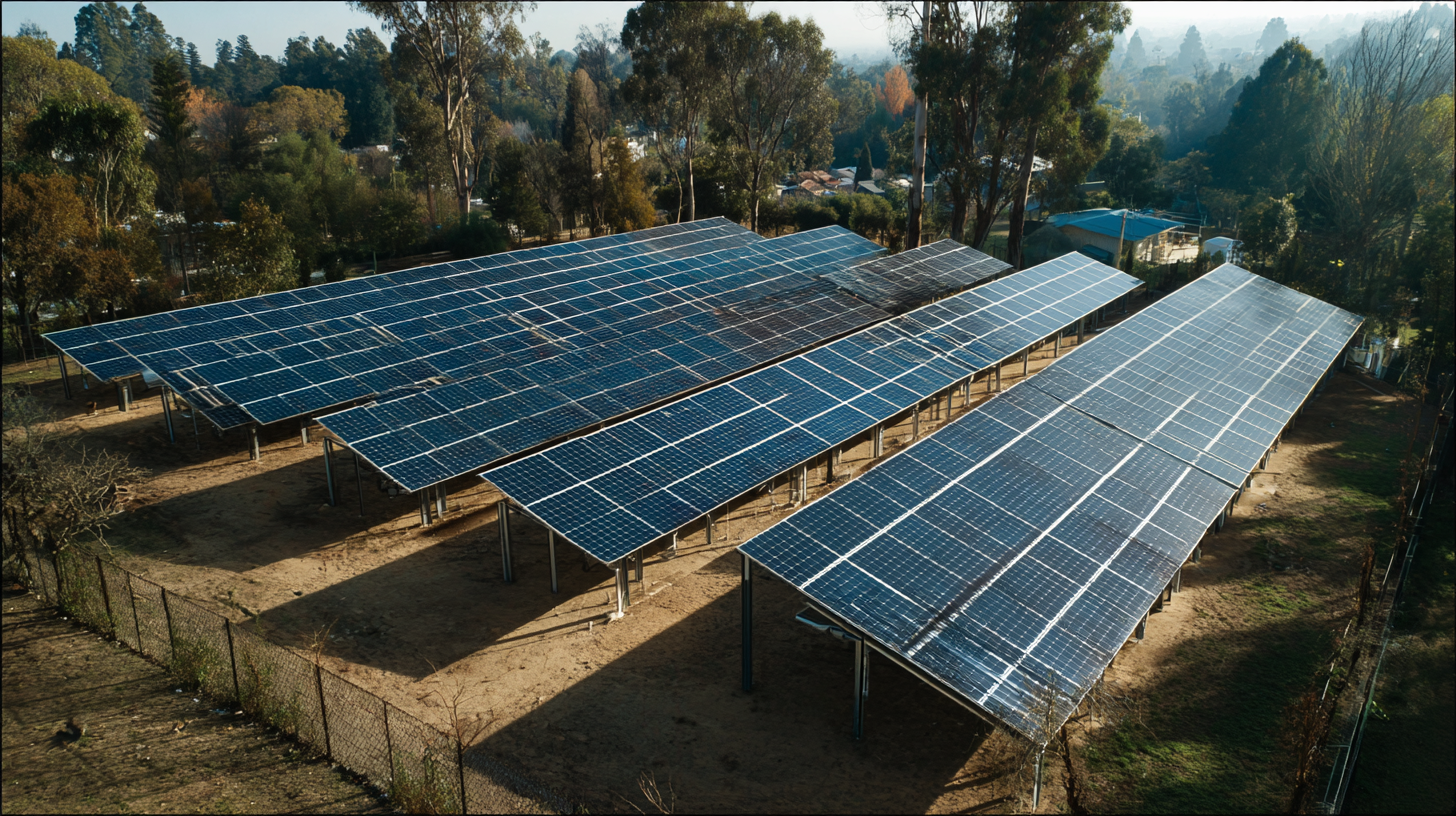 The installation of solar panels offers numerous benefits that significantly enhance energy efficiency. One of the primary advantages is the reduction in electricity bills. By harnessing solar energy, homeowners and businesses can generate their own electricity, allowing them to decrease reliance on grid power. This independent energy source is particularly advantageous in regions with high electricity costs, enabling substantial savings over time. Moreover, with government incentives and tax credits available in many areas, the initial installation costs can be offset, making solar energy a financially savvy choice.
The installation of solar panels offers numerous benefits that significantly enhance energy efficiency. One of the primary advantages is the reduction in electricity bills. By harnessing solar energy, homeowners and businesses can generate their own electricity, allowing them to decrease reliance on grid power. This independent energy source is particularly advantageous in regions with high electricity costs, enabling substantial savings over time. Moreover, with government incentives and tax credits available in many areas, the initial installation costs can be offset, making solar energy a financially savvy choice.
In addition to cost savings, solar panels contribute to a greener environment. Transitioning to solar energy decreases the carbon footprint associated with traditional fossil fuel use. Every kilowatt-hour generated from solar power reduces greenhouse gas emissions, promoting cleaner air and a healthier planet. Furthermore, solar panels require minimal maintenance and have a long lifespan, ensuring that the transition to renewable energy not only benefits the environment but also provides a reliable and sustainable energy solution for years to come. This combination of economic and environmental benefits underscores why solar panel installation is a revolutionary step in energy consumption.
Steps to Consider Before Installing Solar Panels at Home
Before diving into the installation of solar panels at home, it's essential to evaluate a few key factors that can significantly influence both efficiency and cost-effectiveness. Start by assessing your energy needs: examine your electricity bills to understand your consumption patterns and determine the size of the system that will be necessary to meet your requirements.
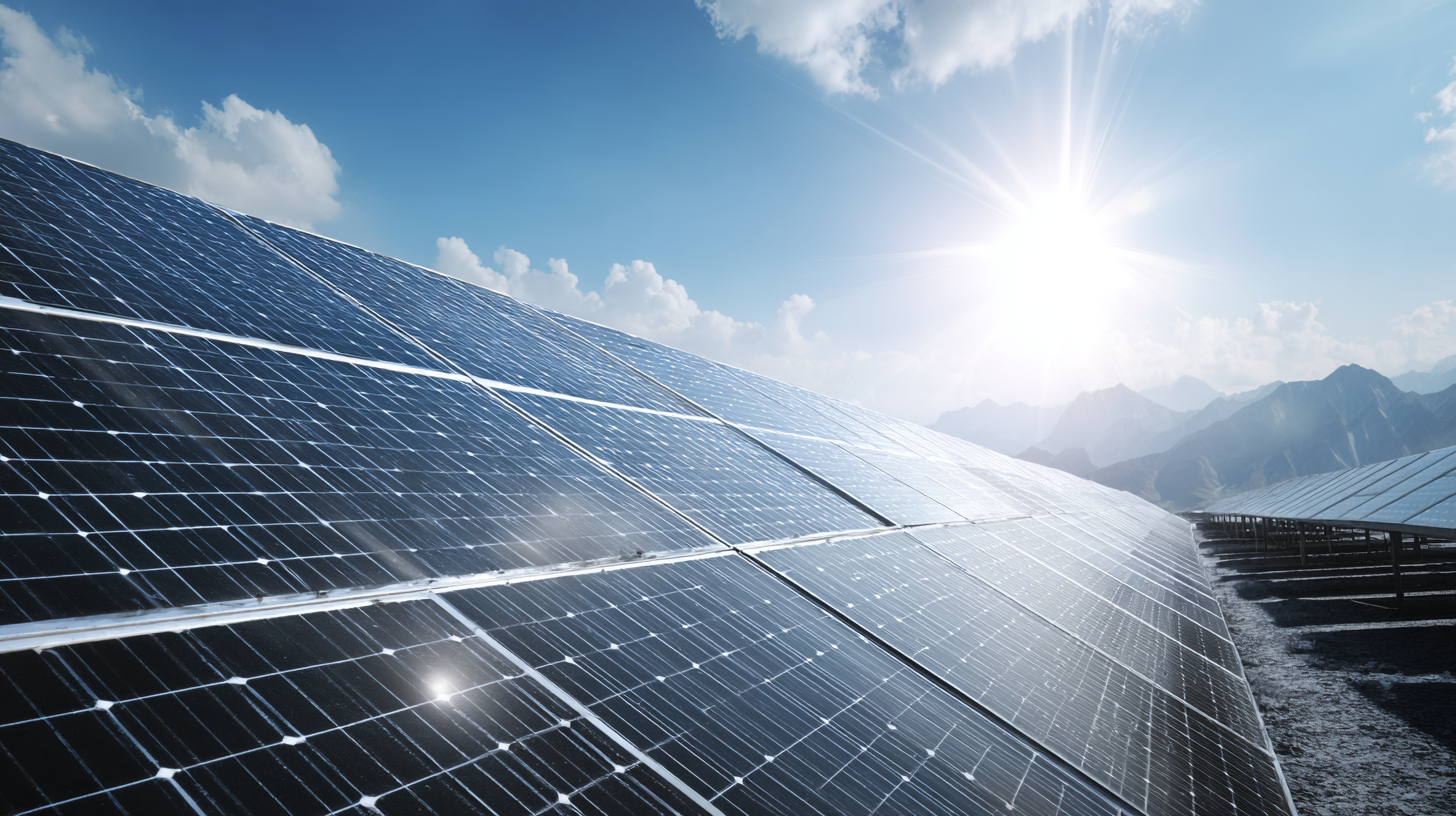
Tip: Consider conducting an energy audit to identify potential energy savings, which can further reduce the size and cost of your solar panel system. Additionally, analyze your roof's condition and orientation. Solar panels perform best when placed on south-facing roofs without obstructions like trees or chimneys.
Next, research local incentives and financing options. Many governments offer tax credits, rebates, and other programs aimed at promoting solar energy adoption, which can substantially offset installation costs.
Tip: Reach out to multiple solar installation companies to compare quotes and services. Each company may provide different financing plans, warranties, and products, so gathering a range of options will help you make an informed decision that fits your budget and energy aspirations.
Financing Your Solar Panel Installation: Options and Incentives
Financing your solar panel installation is a crucial step in making renewable energy accessible for homeowners. With federal tax credits covering up to 26% of installation costs, the financial burden significantly decreases. According to the Solar Energy Industries Association (SEIA), the average residential solar system costs between $15,000 to $25,000 before incentives, making such tax benefits essential for many consumers. Additionally, various states offer additional rebates and incentives, further lowering the upfront costs for solar panel installations.
Tips: Consider exploring local financing options, such as low-interest loans or property-assessed clean energy (PACE) programs. These allow homeowners to spread the cost of their solar investment over time while benefiting from immediate energy savings. Many consumers might not be aware that some solar companies offer leasing options or power purchase agreements (PPAs), which enable them to install solar panels with little to no upfront cost, making solar energy even more accessible.
Research indicates that investing in solar energy can lead to significant savings on monthly utility bills, with some homeowners saving an average of $1,500 annually. By carefully evaluating financing options and taking advantage of available incentives, transitioning to solar energy can not only enhance sustainability but also prove to be a financially sound decision in the long run.
Maintenance Tips for Maximizing Your Solar Panel Performance
When it comes to maximizing the efficiency of solar panels, maintenance plays a crucial role. Regular cleaning is essential to ensure that dust, debris, and grime do not obstruct sunlight absorption. A simple rinse with water can often suffice, but in areas with heavy pollution or bird droppings, using gentle soap can help restore optimal performance. Scheduling cleanings at least twice a year is recommended, particularly in seasons with high pollen or dust levels.
In addition to cleaning, periodic inspections are vital to identify any potential issues early. Homeowners should check for loose connections, cracks in the panels, or shading from nearby trees. Employing a professional service for an annual checkup can help catch problems that may be difficult to notice. Furthermore, ensuring that the inverter is functioning properly and monitoring energy output regularly can help maintain performance. By following these maintenance tips, solar panel owners can significantly enhance their system's longevity and energy efficiency, truly harnessing the power of the sun.
Related Posts
-

10 Proven Benefits of Solar Panels Installation for Global Buyers
-
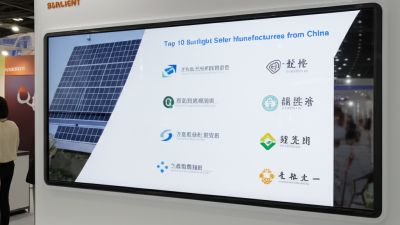
Top 10 Sunlight Solar Manufacturers from China at the 137th Canton Fair
-
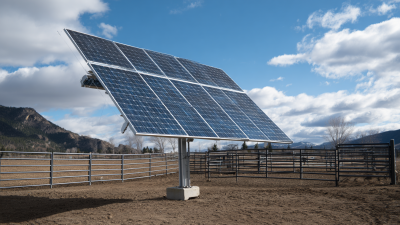
Understanding Industry Standards for Best Solar Electricity: A Data-Driven Approach
-
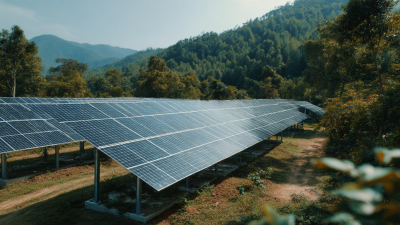
How to Harness Solar Energy for Sustainable Living
-
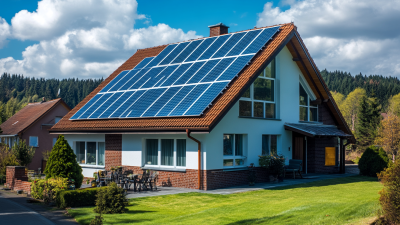
Unlocking Energy Savings: Advantages of Choosing the Best Solar Panels for Your Home
-
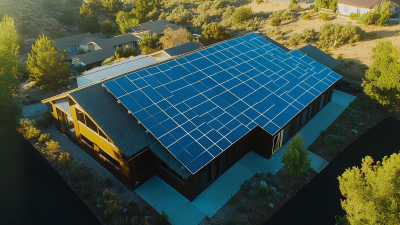
Transforming Spaces with Best Solar Installation: Real-World Applications and Insights


